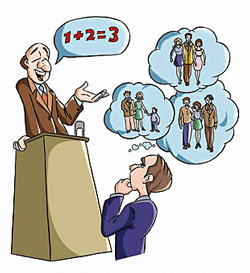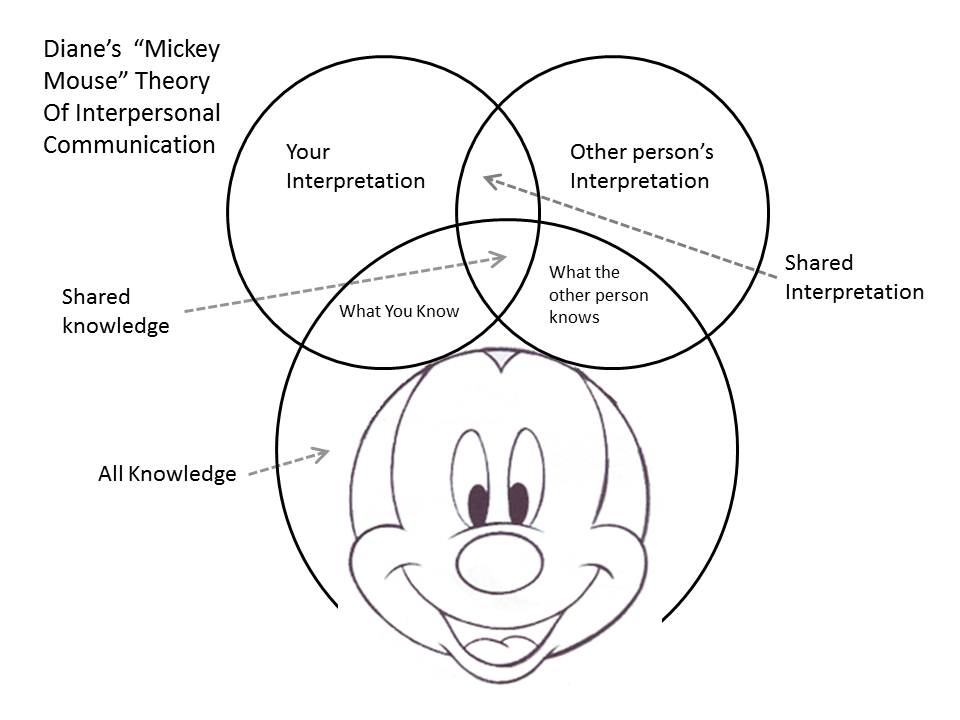What is Language?
Language- Language can be defined as a tool of communication and speech. It is used to facilitate the expression of thoughts and opinions through communication, different interpretations as well as formality and expressing different feelings and learning. Language can be made of signs such as sign language or verbal communication as well body language and within that there is are a range of underlying meanings that everyone determines themselves.
What are the three key features of language?
1. Semanticity:Words must be represented symbolically i.e. they must mean the same to all speakers of that language
2. Displacement:The language must be able to communicate the past and thefuture, as well as the present.
3. Productivity:It must be possible to combine a limited number of sounds of signs into and unlimited number of messages.
What is the link between language and communication?
All language is communication BUT not all Communication is Language
What are the different types of functions of Language?
Functions of a language:
-
Informative:The function of informative language is to describe the worldby saying that something is like this, and this something happened. These type of statements can both be considered true or false depending on whether or not what reality is coincides with the description. For example: The cannonball is round.
-
Expressive: The function of expressive language is to express feelings of emotion,or to envoke feelings of emotions. “He was crying over the loss of his mother, whilst being angry about the murder that killed her".
-
Directive: The function of directive language is to use language to hint in order to cause or prevent an action on someone else's part. Rhetorical questions ie “ Would you mind being quiet” or “could you drive slower" to make someone understand that you have the need to slow down.
-
Social/Ceremonial: This is referring to the occasions where we simply utter noises in a ritual sense rather than actually meaning them or wanting an answer: “ How are you?” This is simply meant to ease a long social interaction.
-
Performative: The times that words transform reality by the mere fact that they have been uttered. This is especially in common in sports where the words “ you are out” can determine the outcome of the whole game.The difficulties of Language?Ambigeous words: Ambigeous words are the ones that have multiple meanings and hence can be understood in multiple ways. Certain words like free and art have multiple definitions within the dictionary and hence it may be difficult to determine which word is used in a certain context such as an argument?Vague Words:Certain words like tall,big, long etc. Describe qualities but don't specify the quality in detail that something may have. They can also mean the different things to different people i.e. a variation in having the same signifier and different types of signified.MetaphorsMetafors that we may consider natural to us, ie that the past is behind us, may in fact not be natural to other people with a different culture. For example the Aymara speakers who spend much of their life on rowboats travelling with their front to where they just came from, see the past as in front of them, while their future is right behind.IronyIrony gives language an edge of difficulty s one may not understand what we are trying to say as something might be ironical yet the speaker might perceive it as the truth... etc.Theories of LanguageDefinitions theoryThe definition theory stands for the fact that something can be defined or has a definition present
Denotation theoryImage theory






